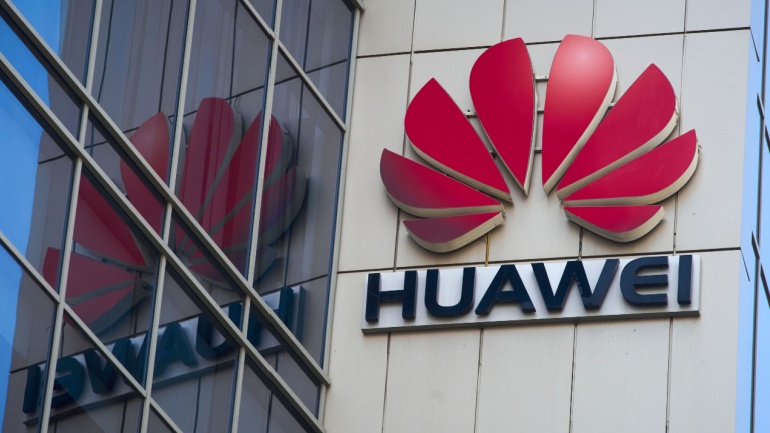Huawei is strategically targeting the Asia-Pacific region for the expansion of its artificial intelligence (AI) cloud services. Over the past four years, its public cloud service in the region has grown 20-fold, even amidst US-led sanctions.
Jacqueline Shi, President of Global Marketing and Services at Huawei Cloud, addressed a media briefing in Bangkok on August 15th, revealing the company’s plans to provide comprehensive AI solutions. These offerings include the Ascend Cloud Service, the ModelArts AI development platform, and the Pangu large language model, which functions similarly to ChatGPT.
Collaborations are already underway. Thai weather forecasters are implementing Pangu LLM, and other sectors, including finance, are finding ways to enhance efficiency and cut costs through these AI services.
The AI-centric growth strategy underscores Huawei’s efforts to diversify its revenue and attract international clients, meeting the growing demand for generative AI services across traditional industries. Even as the company remains on the US blacklist, the Asia-Pacific market continues to be significant, with regional launches such as the “serverless database” solution preceding global rollouts.
Further global expansion includes launching Egypt’s first public cloud service in Cairo in May and establishing a data center in Riyadh, Saudi Arabia, in September 2022, aimed at providing localized public cloud services.
In mainland China, Huawei is the second-largest cloud service provider, behind Alibaba Group Holding’s cloud unit. This status is affirmed by research firm Canalys, which notes Alibaba’s ownership of the South China Morning Post.
Cloud computing remains a strong growth area for Huawei. In 2023, the company reported a 21.9% annual revenue increase for its cloud division, reaching 55.29 billion yuan (US$7.6 billion).
Huawei’s AI services are built on its proprietary processors and framework, enabling the company to circumvent US sanctions restricting access to advanced American technologies. In mainland China, its Ascend AI chips serve as an alternative to US-restricted graphics processing units from Nvidia.







